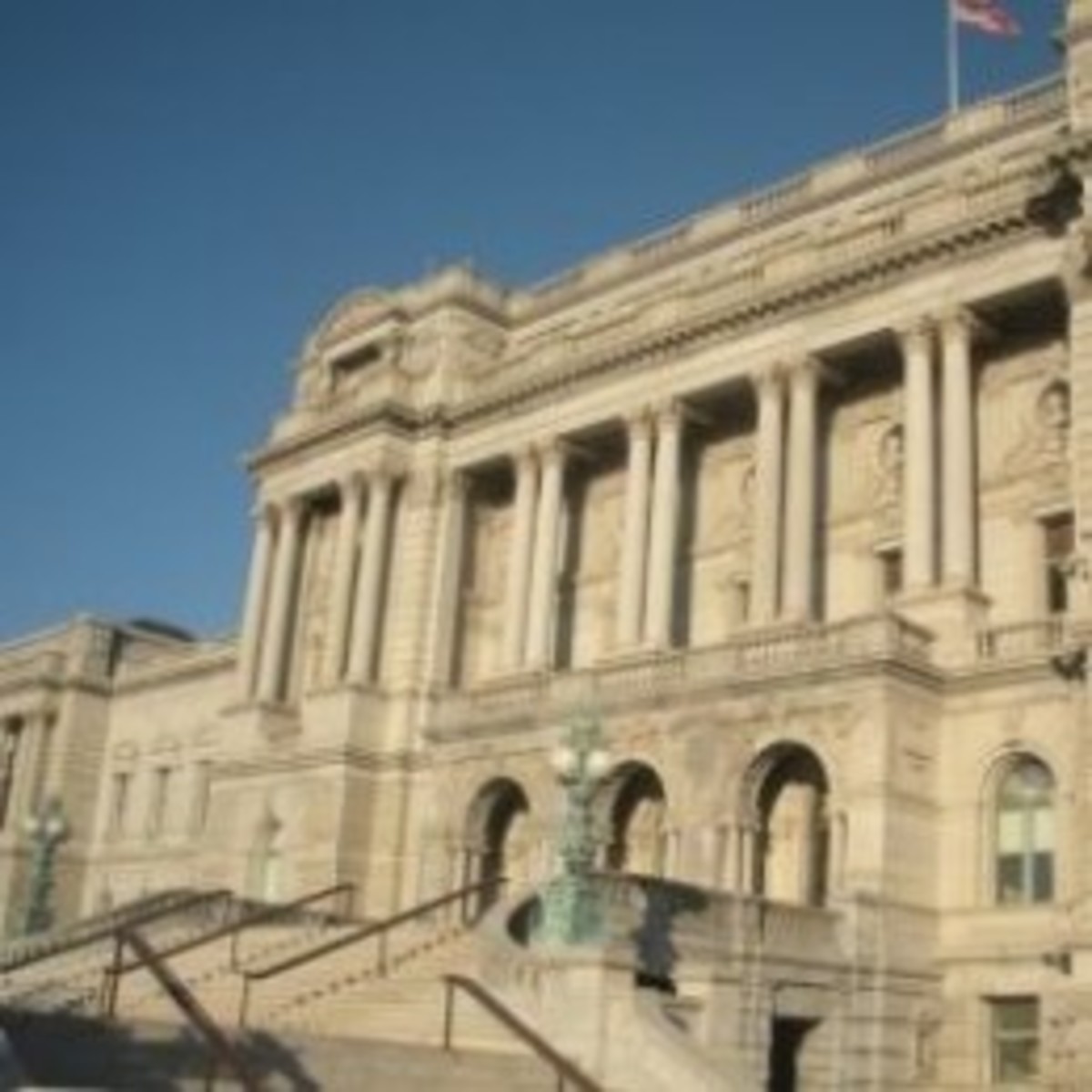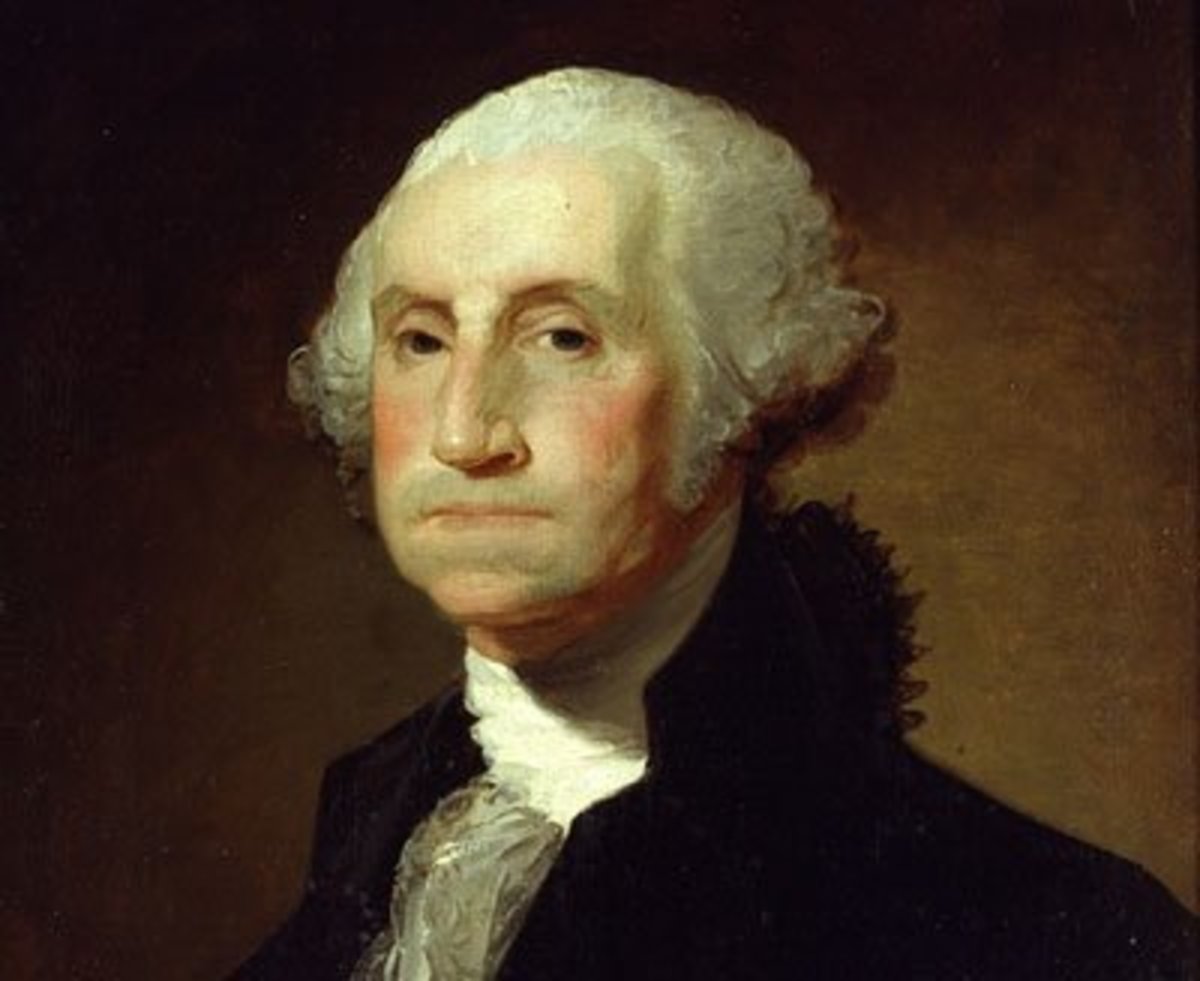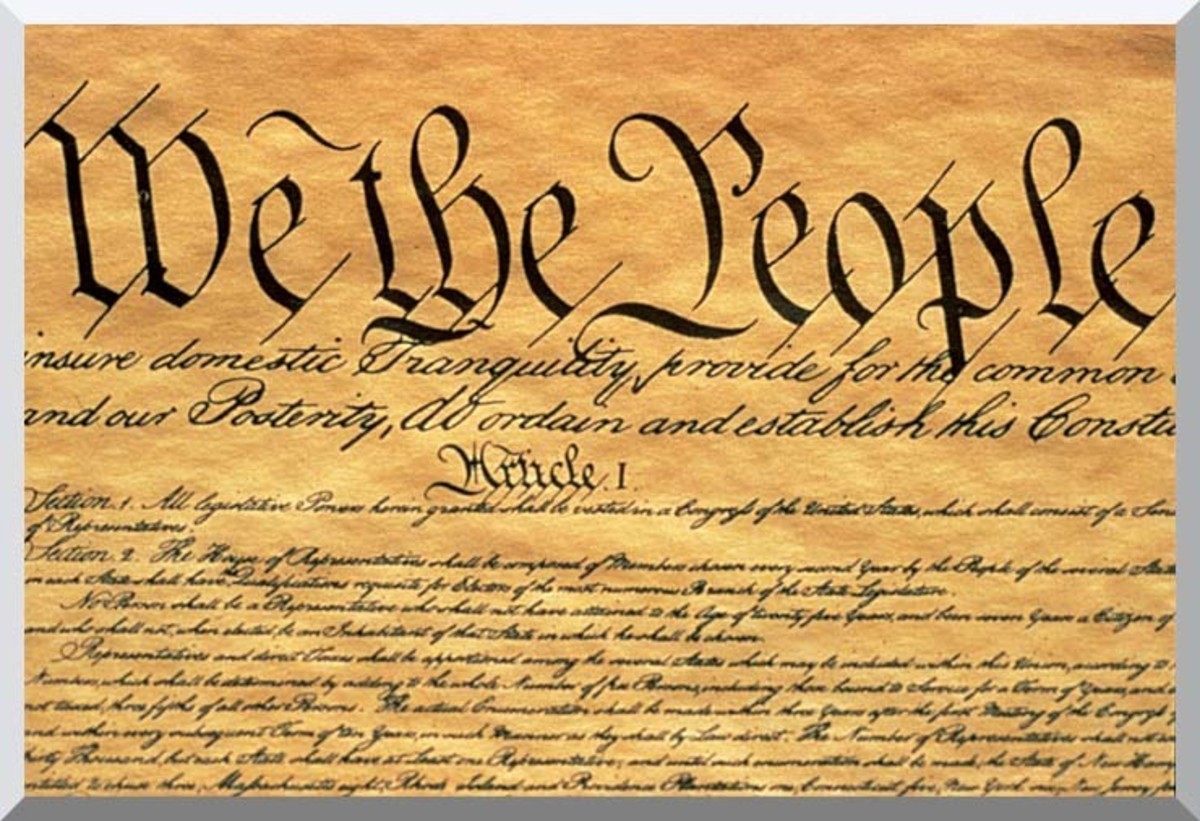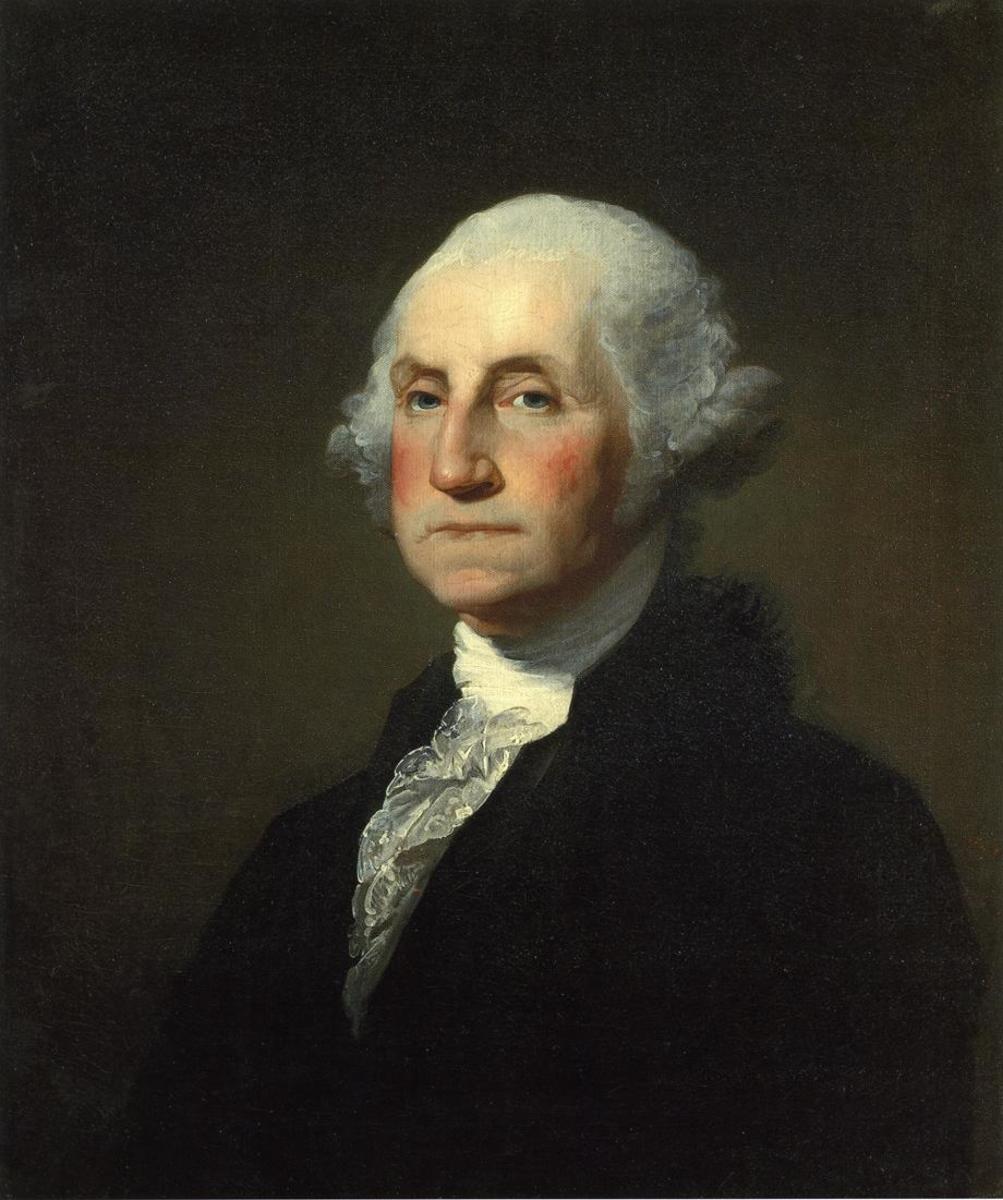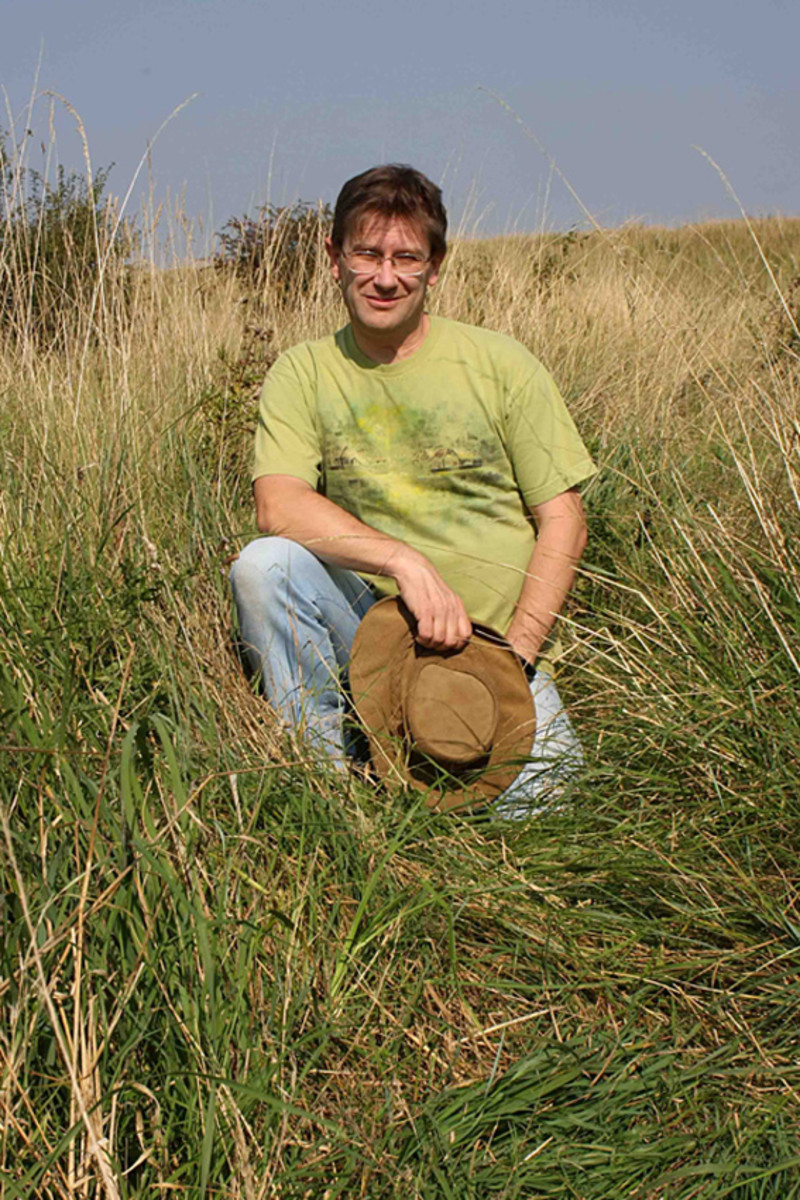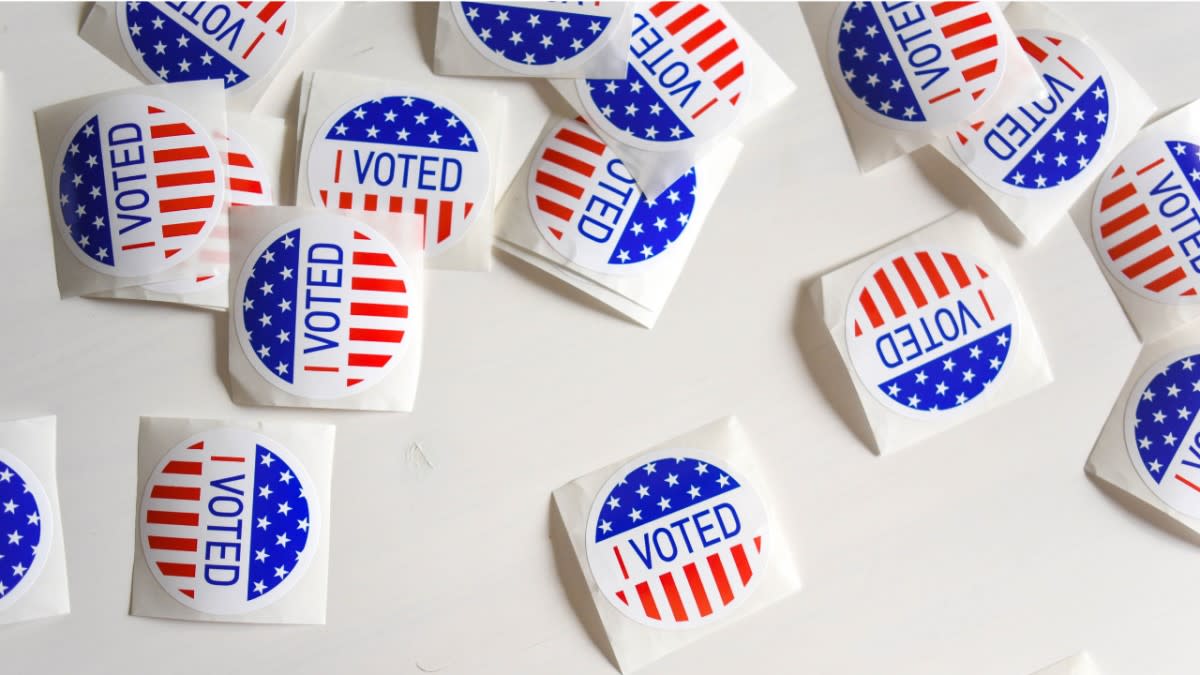On Principle and Pragmatism IIIa - Plato, Washington, Adams, Jefferson, and the U.S. Constitution [87]
Plato (Πλάτων)
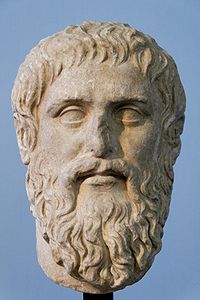
Forward
IF YOU have been reading my Hubs, you might have seen references to The Teaching Company. It is the source of some of the ideas I write about, such as this hub, but more importantly, it has been my touchstone to expanding my knowledge, after a much too long hiatus, and is the reason behind my getting into hubbing in the first place. I can't encourage you enough check The Teaching Company out, it will be well worth your while.
Not long ago, I was listening to a lecture series, these are college level lectures, titled "Life Lessons from the Great Books" by Professor J. Rufus Fears, University of Oklahoma. Each lecture is either 30 - 45 minutes long, these are 30 minutes, but, boy, can these professors pack a lot of information in those 30 minutes!
THIS essay returns to one of my favorite topics, the history behind America's founding and our Constitution which is at our core. In my day, 1950s and 1960s, when receiving my initial education in elementary, junior high, and high school, we were always told that Democracy was born in Greece and that America was patterned after that model, given the state of our educational system I wonder if you get that much today. In any case, unless you became a student of ancient history, that was probably the extent of it; which is very unfortunate and because there is a very interesting, even captivating, "Rest of the Story", as Paul Harvey used to say.
Plato and Epistle VII
This particular lecture, number 10, from Professor Fears discussed Plato's Epistle VII, his open letter to Atheneans regarding his experiences with King Dionysios I of Syracuse (Sicily), Dion, the King's brother, and finally, King Dionysios II, the King's son. This was important for it was during this time that Plato first developed his ideas that he put forward in The Republic (circa 360 BCE), for which he is best known, only to renounce them 20 years later in his last work, "The Laws" (circa 340 BCE), which is not so well known but is the basis for "The Rest of the Story".
First, we will look briefly at Plato's initial foray into Sicily at the request of King Dionysios I. From this adventure, Plato returned to Athens to write The Republic; quickly covered in the following section. Following this review, we delve a little deeper into his next trip to Sicily where theory and practice butt heads as he tried, at the behest of his friend Dion, "educate" Dionysius II in Wisdom. Finally, we look at Plato's ultimate conclusions drawn from these trials and tribulations that are laid out in "The Laws" which, as we shall see, had a profound effect on the drafting of the U.S. Constitution.
Plato once said that he made one big mistake in his life, he got into politics; he thought he could change the world, Sicily in this case, with his ideas. How he tried to accomplish this and the results are laid out in his Epistle VII where he reveals his rather torturous experience trying to educate King Dionysius I and later King Dionysius II and bring his philosophy to fruition. Plate wrote and published the Epistle, not to help society from his experiences, but to defend himself against rather persistant and scurilous attacks by his previous benefactor, Dionyseus II, about having, on one hand, murdered the King's uncle and Plato's friend Dion and, on the other hand, tried to overthrow the King himself! Plato really came to detest politics.
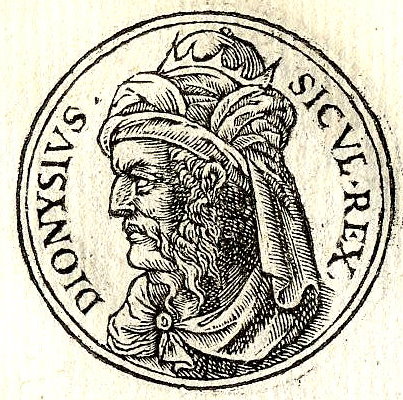
The First Trip to Sicily
INITIALLY, Plato acceded to a request from "King" Dionysius I to lecture in Syracuse where he hoped to influence the government there, Dionysius I had turned the Democracy into a tyranny, and bring back justice. He spent several months trying to set up a school in Sicily and to bring about some change that would move the society to become a more Just society. In the process, he saw how Dionysius ruled, saw his good points as well as his bad. He learned how Dionyius had taken a Democracy, in its original meaning and not as we think of democracy in America today, and manipulated it in such a way as to become, in effect, a King, a more or less popular one, but autocrat nevertheless. Plato understood that while Dionysius had become somewhat of a tyrant, he had also accomplished many good things for the society that he ruled as well as improving their standard of living. Plato also was aware that it was a flawed autocracy that allowed injustice to flourish as well. It wasn't long thereafter that Plato left the employ of Dionysius I, and returned to Athens, somewhat discouraged but with new insights.
Plato invested himself in his school in Athens once again where one of his students was Dion, Dionysius I's brother and Dionysius II's uncle. This is where the story gets interesting.
Plato contemplated the contradictions that he observed while in Sicily drawing from them a conclusion that would be one of the major hallmarks of his philosophical career. What Plato came to believe is that Dionysius was on the right track toward a just society. He had, through conquest, brought together under one rule the many separate cities that made up Sicily. He had instituted a governing law that, to some extent was fair and just as well as raising the standard of living for all of the cities under his domain. But, Plato thought, Dionysius lacked one essential ingredient ... wisdom; the kind of wisdom that only great philosophers possessed. Thus was born the idea of the perfect society, the truly Just society, would be ruled by a Philosopher-King.
Plato worked on this idea with his students, including Dion. Dion, as it turns out, was one of his most gifted students and took Plato's Philosopher-King idea to heart. This set the stage for Plato's next great adventure, the results of which leads to the publication of one of Plato's greatest works, "The Republic".
To Be Continued
When I started writing this hub, I said it was going to a short essay. Over 3000 words later, I had to go back and delete that statement. Consequently, I broke this hub into three parts and this concludes Part 1. Please enjoy Parts 2 and 3 with the link below.
Related Links
- On Principle and Pragmatism I - U.S. Constitutional ...
OpinionDuck, in one of his comments, invited me to his profile; i am glad I went and would encourage you to go as well. Since I don't have OpinionDuck's permission, I won't copy from the profile but the gist of the opening is that Our opinion is... - On Principle and Pragmatism II - U.S. Constitution R...
On September 17, 1787, the Constitution of the Unitied States was returned out of the Constitutional Convention to the Continental Congress who, in turn, debates on and then refers the Constitution to the various States for ratification. On June 21,. - On Principles and Pragmatism IIIb - Plato, Washington, Adams, Jefferson, and the U.S. Constitution [
- On Principles and Pragmatism IIIc - Plato, Washington, Adams, Jefferson, and the U.S. Constitution [
The foundation for the U.S. Constitution stretch all the way back to 400 B.C. Our Founding Fathers read extensively of the works of Plato and Aristotle. These two great thinkers, among others, had great influence on what our government looks like tod - On Principle and Pragmatism IV - What do Plato, Aris...
AS WE all know, there just aren't Republicans and Democrats; instead, there is a whole panoply of variations that start in the middle and move continuously left and right. In current American politics, the limits of these variations, in practical...

